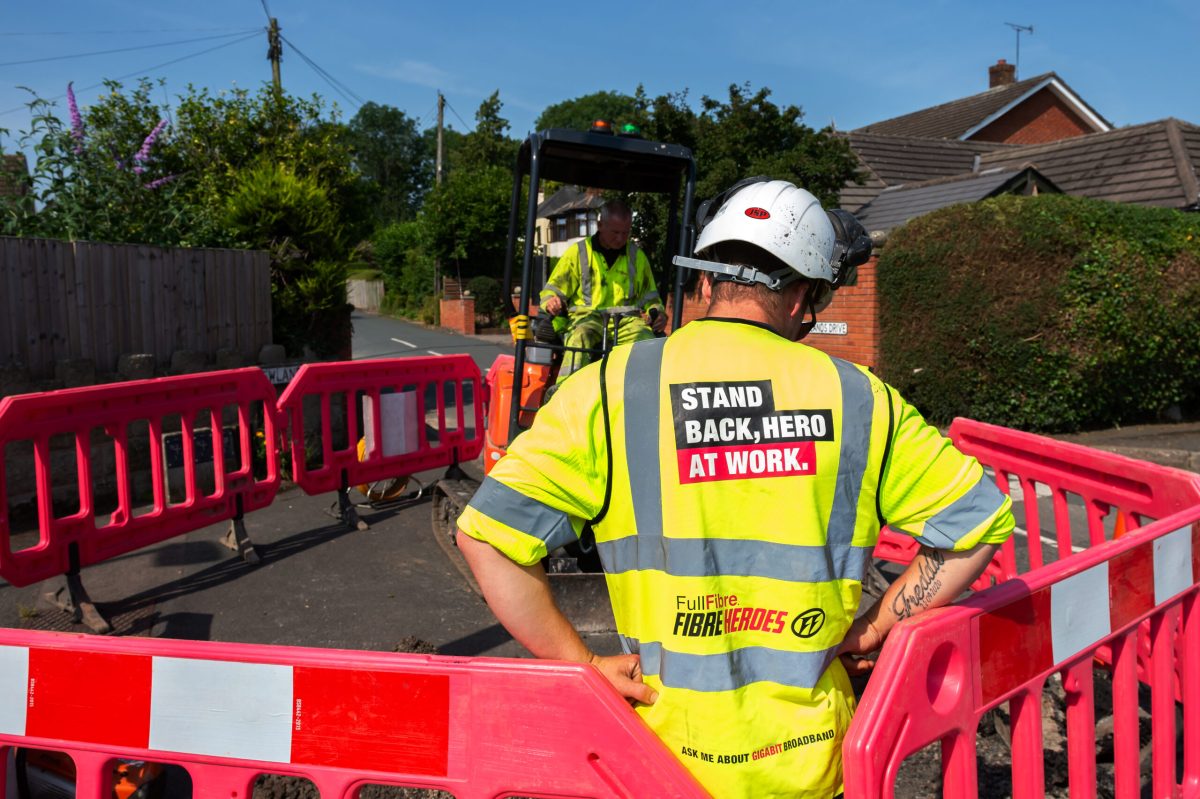FullFibre, a leading alternative network broadband operator, is excited to announce a strategic partnership with Slovenia’s Kontron, the leading European provider of customised and sustainable fibre solutions.
The exclusive partnership will empower FullFibre to equip its fibre-optic network with multi-gigabit ONTs capable of providing end users with uncompromised experience of data rates up to 10 Gbps today and even more in the future.
James Warner, CEO at FullFibre, expressed his satisfaction with the deal: “The level of interoperability and adaptability of Kontron’s ONTs allows FullFibre the freedom to expand the business and build our network with FTTP equipment of various manufacturers, integrating OLTs and ONTs in a way that fits our needs best. Furthermore, Kontron’s Support, Innovation and Services provided to FullFibre have been truly outstanding.”
“We are honoured by having the opportunity to support FullFibre’s mission, its strategic goals and roadmap,” commented Svjetlana Kalaba, Executive Director of BU Broadband at Kontron. “We see strategic partnership with FullFibre a proof of the quality and reliability of our products and services, and will continue doing our best to meet FullFibre’s specific requirements.”
The partnership helps further FullFibre’s mission to provide unrivalled broadband service and speeds to partners and direct to consumers through their own retail ISP Zzoomm, enhancing digital connectivity and contributing to economic growth across the UK.
About FullFibre
FullFibre is a leading provider of fibre-optic infrastructure, dedicated to delivering high-speed internet access to businesses and communities across the UK. With a commitment to quality, reliability, and customer choice, FullFibre continues to expand its network to meet the growing demands of the digital age.
For more information about FullFibre’s wholesale connectivity services, visit https://fullfibre.co.
About Kontron
Slovenia’s Kontron is the leading European provider of customised and sustainable fibre-access solutions. Known as Iskratel until 2023, a member of Kontron Group develops and manufactures OLTs and CPE in its innovation and production centres in the EU, and supports customers in more than fifty countries worldwide. Dedicated to driving sustainable progress, Slovenia’s Kontron delivers solutions that reduce operators’ environmental impact and energy consumption.
More information at https://kontron-slovenia.com/solutions/broadband-solutions/.





























